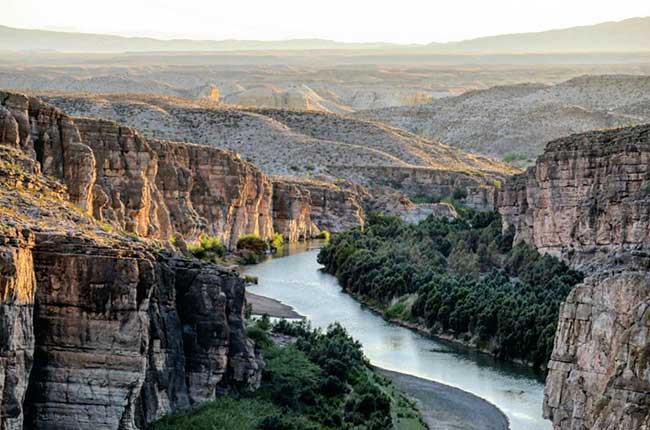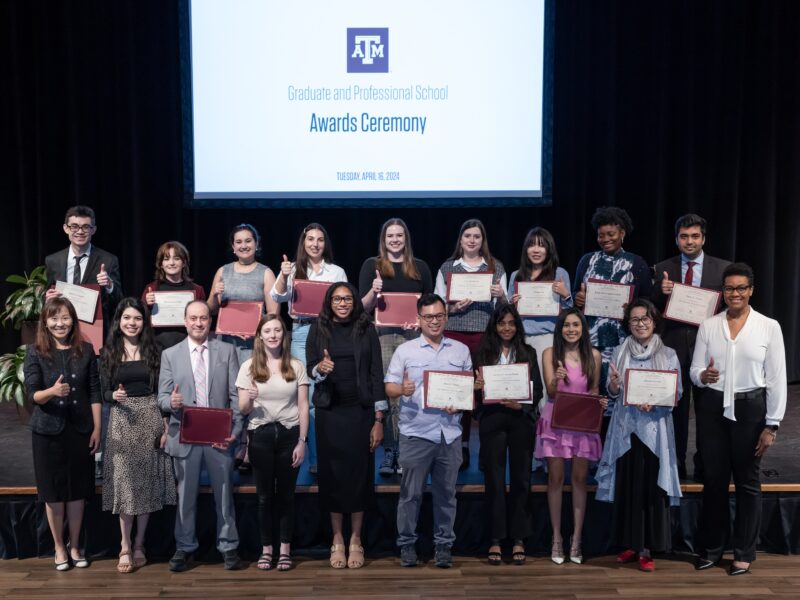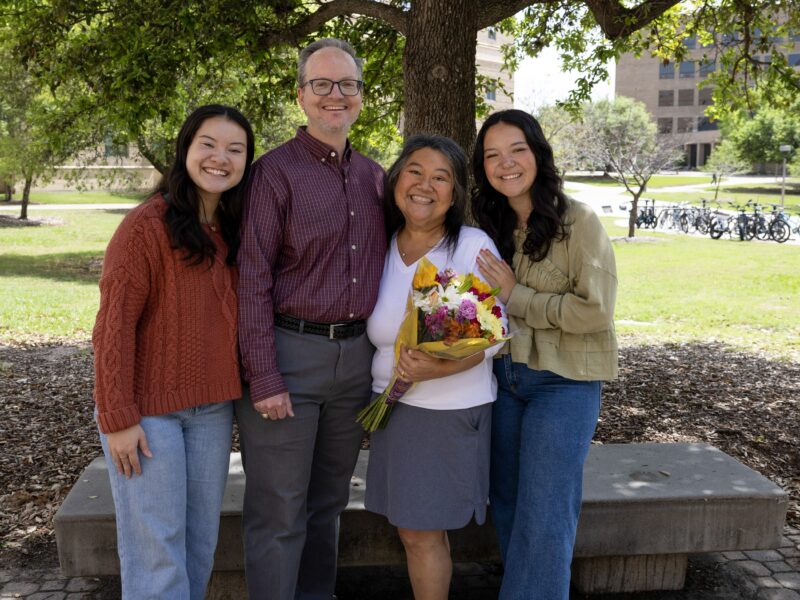What’s better than one prestigious grant? Two. Just ask Sonia Hernandez, associate history professor at Texas A&M University, who has received a Tier One Grant as well as a National Endowment for the Humanities (NEH) Collaborative Research Grant.
The grants will enable Hernandez to establish an interdisciplinary class that explores multiple issues affecting the borderlands between Texas and Mexico, and host a conference on the 1919 Canales Investigation, which documents violence perpetrated by the Texas Rangers against Mexicans and Mexican-Americans.
Tier One Grant
Over the next three years, Hernandez, along with Shannon Van Zandt in the College of Architecture and Francisco Olivera in the College of Engineering, will use the $289,000 grant to create a new instructional class where undergraduate students will study the borderlands between Texas and Mexico from different disciplinary angles.
“We will combine our respective classes and co-teach,” Hernandez said. “For example, I’ll visit Francisco’s civil engineering class to discuss the history of the border, and Shannon will come to my class to discuss housing issues and urban planning along the border.”
Hernandez said that Olivera also will discuss water resources along the border with her students.
“The borderlands are not this monolithic thing. Everything is interrelated, so we can’t understand the subject in isolation,” Hernandez said. “These borderlands are part of the greater narrative of American history.”
The bulk of the grant will fund a three-day trip to the borderlands every spring, where the 100 students will conduct first-hand research that will be posted on a website.
“This is a transformational learning and research opportunity that will get students to interact with each other outside of their majors,” Hernandez said. “It’s bridging the gap between the hard sciences and the humanities. Students will also have the opportunity to interact with border residents and workers. I think we’re going to produce a new kind of research.”
NEH Grant
The NEH Collaborative Research Grant will fund a three-year project, “Reverberations of Memory, Violence, and History: The Centennial of the 1919 Canales Investigation.”
“In the early-1900s, atrocities were committed by the Texas Rangers against Mexicans and Mexican-Americans. Lynchings were a huge and widespread problem in the Southwest,” Hernandez said. “This was state-sanctioned violence.”
The violence was so well-known that Harper’s Magazine referred to the violence in the Southwest as “open gun season on Mexicans.” Finally, in 1919, Mexican-American legislator Jose T. Canales called for an investigation of Ranger abuses.
“The result was over a 1,000-page report now housed in the Texas Archives and is available in digital format. These are pages and pages of meticulous eye-witness accounts of Mexican and Anglo Americans that describe murder committed by the Rangers,” Hernandez said. “Yet, no Rangers were convicted.”
In acknowledgment of this violence, Hernandez will use the $65,000 grant to fund a conference in 2019. Some of the conference presentations, as well as select pages from the Canales investigation report, will be published in an anthology.
“I want to have a public conversation about these things. We need to use it as a healing moment, and a learning moment,” she said.
###
Media contact: Heather Rodriguez, liberal arts communications specialist, at 979-845-6061 or hrodriguez@tamu.edu; or Elena Watts, marketing and communications specialist, at 979-458-8412 or elenaw@tamu.edu.






